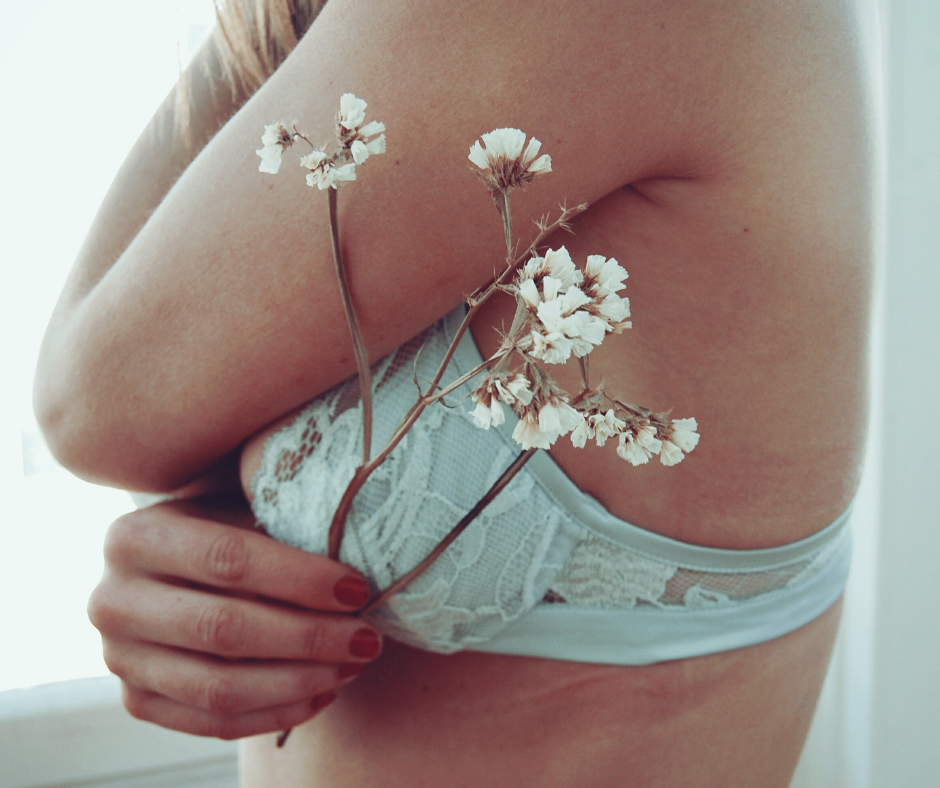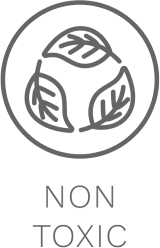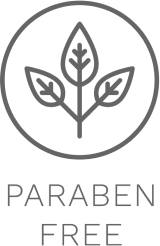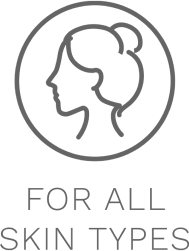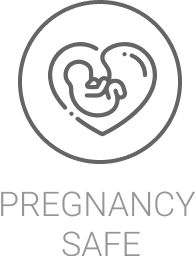Anyone with cancer goes through different types of treatment, all impact your skin.
These interventions that you have to treat the cancer, have an effect on the rest of your body. Your skin is the largest organ – and it gets impacted in a large way, with changes often noticed or visible.
For Breast cancer, you may have to undergo surgery, chemotherapy and radiotherapy – and it can be one after the other.
Looking after your skin is important for all of us but especially if you are going through cancer treatment.
SURGERY
Surgery has an impact on your skin, the anaesthesia used can make your skin itchy. It is normal to experience swelling after surgery, the body's natural response is inflammation. The skin has to recover and as healing occurs the swelling will decrease.
CHEMOTHERAPY
There are some side effects from undergoing chemotherapy
- Some chemotherapy treatments impact nails - they stop growing
- Hair fall, because it's killing off the hair follicles
- Skin becomes delicate because the turnover of your skin cells is slowed right down, resulting in excessive dry skin
- Peeling and itchy skin
- Skin becomes more sensitive to sunlight and heat with risk of sunburn higher (photosensitivity)
Chemotherapy affects the skin's natural moisture by reducing the natural oils your body produces, making it even more critical to use a heavier moisturiser more frequently
RADIOTHERAPY
There are common side effects that can occur from radiotherapy.
- Itching (called Pruritus)
- Blistering
- Peeling
- Irritation
- Skin can look like its sun burned
- Swollen or puffy skin
- Infections
- Darkness of the skin
Increased risk of developing skin cancer in the future because of the damaging effect to the skin
PSYCHOLOGICAL PART
As well as the physical toll this can take it also takes a psychological toll, impacting self-esteem and can lead to depression. Those that are battling cancer are often more conscious of their appearance and how those around them might perceive them.
IMPORTANT NOT TO FIX ONE THING AND BREAK ANOTHER
Chemicals can be extremely damaging for your skin, leaving it dry and sore. Which is why it is important to look after your skin particularly during treatment, as you can’t replace your skin.
SKINCARE
As a result of treatment, steroids can be prescribed – 1% hydro however this is putting even more chemicals on your skin
To help reduce the dryness and itchiness of your skin
- Avoid hot showers
- Don’t use harsh soaps
- Avoid synthetic fragrances
- Gently exfoliate
- Moisturise, moisturise, moisturise
- Don’t use alcohol-based products – they dry out the skin
When considering products that you are putting on your skin make sure they include the following
- UV protection
- Unrefined ingredients (minimal processing meaning it’s more natural)
Ingredients to look out for
- Baobab helps skin regenerate and is packed with Vitamins and antioxidants. All of this helps improve skin elasticity and reduce pigmentation
- Bergamot helps reduce itchiness and stimulates blood circulation
- Geranium is an anti-inflammatory and helps hydrate excessively dry skin
If you are noticing changes in your skin, particularly rashes, following treatment it’s important to speak to your doctor
A fellow Triber
Hannah x


